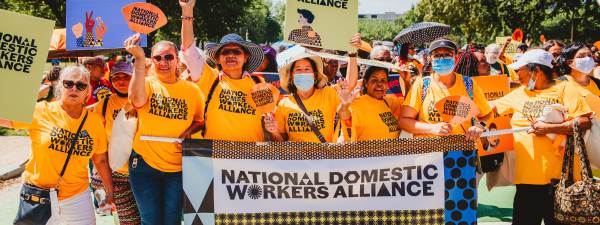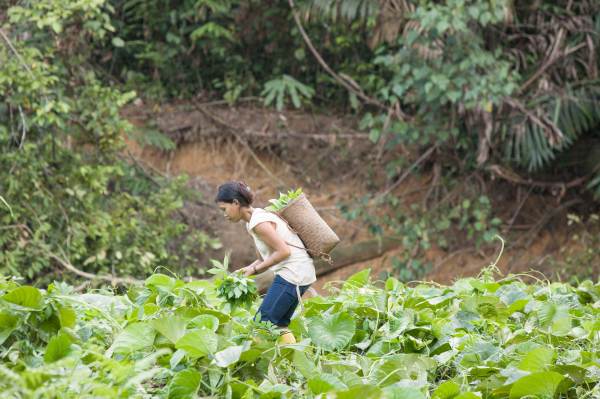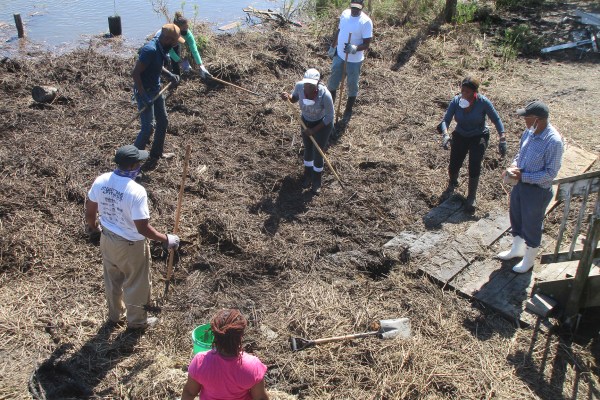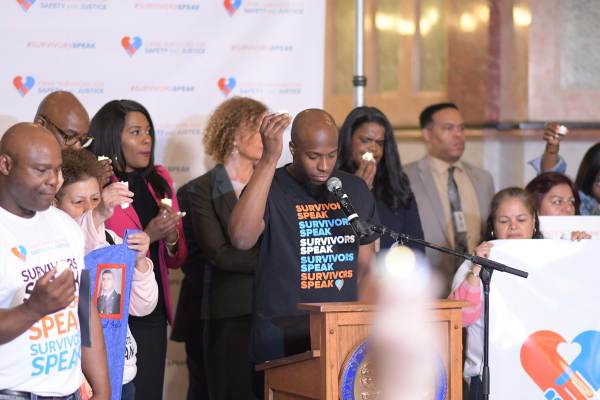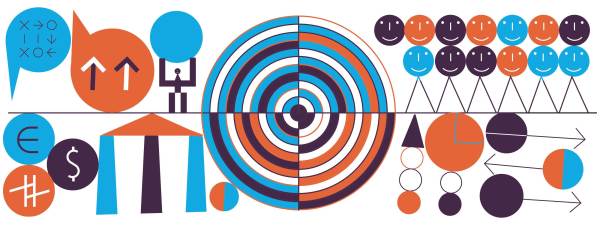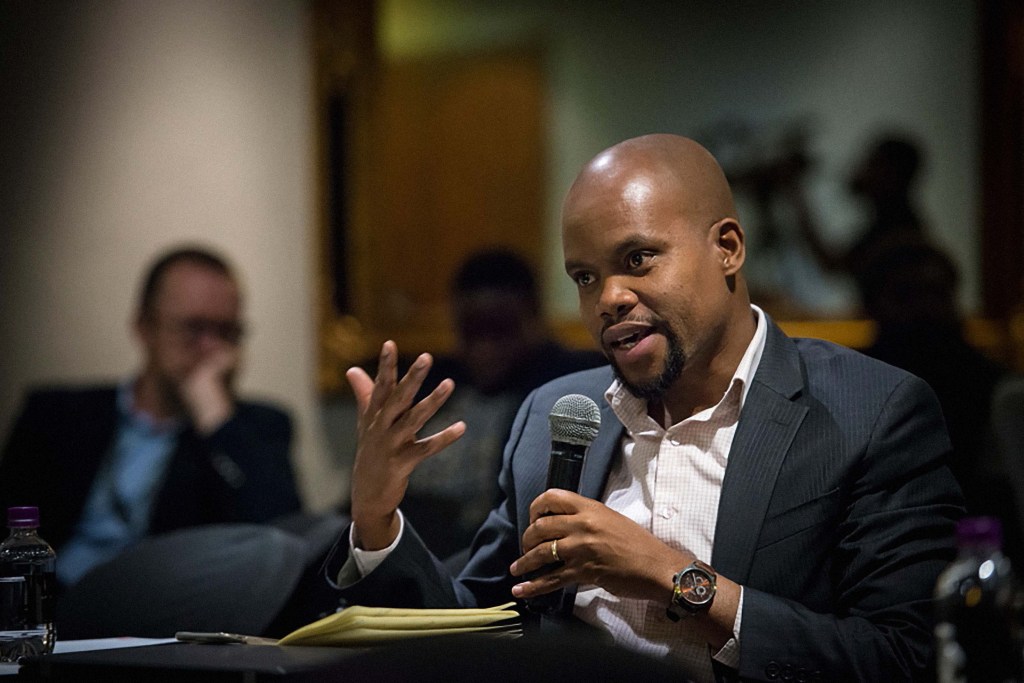
Mbongiseni Buthelezi was the head of research at Public Affairs Research Institute (PARI) for two and a half years, happily spending his days in the weeds of government policy reform—even considering a transition back to academia.
His world changed overnight when the then-director of PARI resigned amid allegations of misconduct and sexual harassment in 2018. The board, funders and other staff all turned to Buthelezi, saying he was the one who could heal the organization and lead it out of crisis. Suddenly, he was in charge.
PARI, based in Johannesburg, South Africa, had recently received one of Ford’s Building Institutions and Networks (BUILD) grant. BUILD provides five years of flexible funding for institutional strengthening, aimed at creating resilience in an organization. To achieve this, BUILD supports staff and leadership development. But for PARI, the grant ended up reaching far beyond that: it gave Buthelezi the ability to rebuild the ethos and morale of the organization and establish a foundation for his burgeoning leadership.
BUILD’s flexible funding allowed Buthelezi to not only stabilize the institution but also expand and strengthen its mission. Through research and advocacy, PARI works to influence public policy and institutional reform on corruption, land governance, renewable energy, and education reform. Under Buthelezi’s leadership, PARI played a key role in exposing mismanagement in public services and systemic corruption in government—a long-standing issue in South Africa.
Here is how Buthelezi stepped into his role as PARI’s new director and turned the organization around.
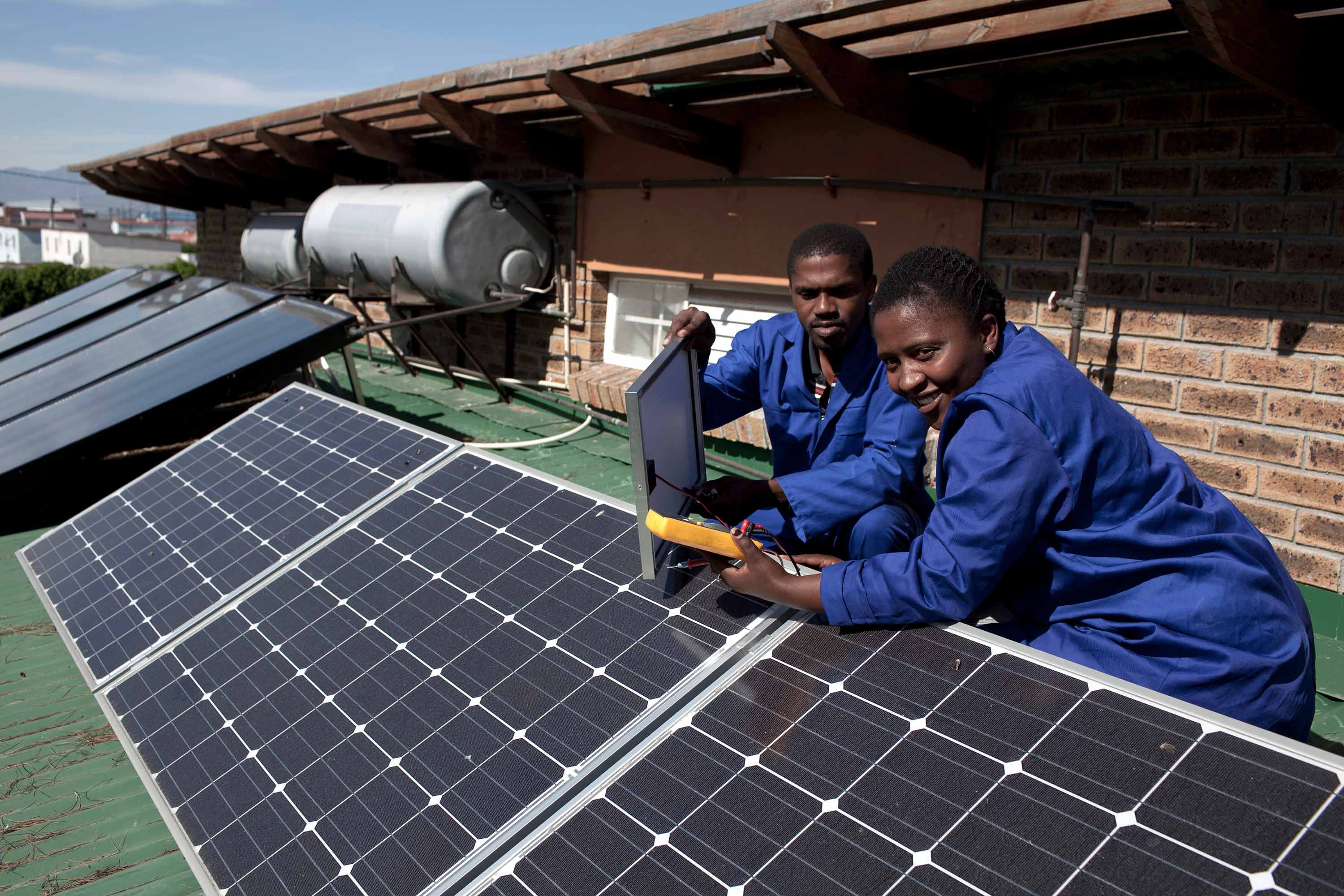
You took over PARI under sudden, difficult circumstances without experience leading an organization. What was the state of the organization at the time?
When I became acting director, we had three months of operating expenses in the bank and were looking at a plan for winding down. This was because most of our funders, including Ford, had delayed payments and planned to suspend funds until they were satisfied with how PARI was handling the allegations and the transition. Some funders left altogether. So the immediate need was to rebuild trust—with our funders and with the entire staff, some of whom had left the organization or were considering it.
How did you rebuild trust?
I drew up a one-year recovery plan with three components. The first was bringing in an organizational coach to work with us and starting with an open set of conversations with the staff about how to go forward. What did we need? Because none of us really knew.
The second part was establishing policies and procedures. We did not have a dedicated HR function in the organization. We had one person whose role really was to file contracts and was not trained in HR. So we then brought in an HR consultant and we said, “Help us tear up our HR policy manual and begin from scratch—and we need a sexual harassment policy within a few weeks.”
The third piece was reforming the structure of the organization. Our research model wasn’t having enough of an impact, so we moved toward combining our research with advocacy. We shifted from three programs that were philosophical in nature to five concrete programs based in reforming local and state government and combating corruption.
These changes were all funded by the institutional strengthening component of BUILD. We would not have had the money to do them without BUILD, or I would’ve had to go out and raise funds in the middle of everything else.
Some PARI staff departed as the misconduct came to light. How did you approach healing and retention once you took over?
I went through the entire organization and just talked to people about staying. It was one of the first pieces of advice I got from the organizational coach. For the people I wanted to retain, I sat them down and said, “I want you to stay, let’s work through this together.” For those I did not want to stay, whose presence would stand in the way of moving on, I said to them, “How do we transition you out of the organization?” Everyone that I asked to stay wound up staying, I think, because they felt valued and heard in a new way.
Accessibility Statement
- All videos produced by the Ford Foundation since 2020 include captions and downloadable transcripts. For videos where visuals require additional understanding, we offer audio-described versions.
- We are continuing to make videos produced prior to 2020 accessible.
- Videos from third-party sources (those not produced by the Ford Foundation) may not have captions, accessible transcripts, or audio descriptions.
- To improve accessibility beyond our site, we’ve created a free video accessibility WordPress plug-in.
How did you find support for yourself as a leader?
Ford held a meeting for a cohort of directors of organizations that received a BUILD grant in South Africa. It was a very useful place for me. At a workshop at the Nelson Mandela Foundation with a Ford program officer and other African leaders, we established a small group of new directors who had just come into their positions. We were able to support each other through very, very difficult times. It has grown into a much bigger group, but it started off with three of us connecting at the workshop and then meeting once a month for pizza and saying, “OK, what are you struggling with?”
At PARI, I was quick to pull a tight leadership team around me and delegate. There was one person in particular who I’d always turn to who understood what needed to be done. She really helped me when I didn’t know how to steer our way through. For instance, engaging with our board was more her strength so she became the secretariat of the board. This style of collaboration and empowering others was missing from our culture.
With your academic and research success, you could have pursued other paths than taking over PARI. Why did you take this on?
PARI is unique in how it combines academia with government advocacy. We have a graduate teaching program but also work with decision-makers in the country to help them develop solutions to governance problems. In certain moments, we play the role of partners with state actors and, in other moments, we hold their feet to the fire as activists. That’s what makes PARI more exciting to me than academia. There is hardly any other organization that works in this way in South Africa. So when we hit a crisis and everyone seemed to say to me that I was the one who could save the organization, I knew we could not lose PARI. It was never in question if I’d do it.
